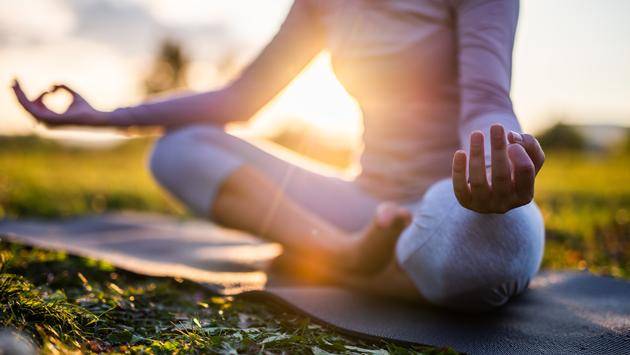The World Travel & Tourism Council (WTTC) has released new guidelines on mental health and wellness to aid in the recovery of the travel and tourism industry following the devastating coronavirus pandemic .

The Mental Health Guidelines build on the WTTC’s Diversity & Inclusion Guidelines, which were released in 2020 and were created to help business sectors rebuild and come back stronger and better than before.
The WTTC noted that it is “crucial” that mental health support be included in conversations about recovery. According to research from the Chartered Institute of Personnel and Development (CIPD), more than one in 10 individuals (95 percent) feel that poor mental health affects their work performance. Eighty-five percent said that it is difficult to concentrate when struggling with poor mental health, and 64 percent feel that it takes them longer to complete tasks.
The World Health Organization found that good mental health made good business sense as well. Research showed a $4 return in improved health and productivity, for every $1 investment in improved treatment for common mental disorders.
There are four pillars to the WTTC’s mental health guidelines: Developing a Supportive System, Creating Safe Spaces, Supporting an Agile System and Exemplifying Support for Good Mental Health.
Examples include providing appropriate mental health support, developing leave policies for mental health without prejudice, developing feedback systems that allow employees to share how systems are working, fostering an environment of respect, valuing wellbeing and more.
“WTTC is proud to release these important high-level guidelines focusing on mental wellbeing, which will help Travel & Tourism businesses of all kinds and their employees,” said Gloria Guevara, president and CEO, WTTC. “The sector employs people from all socio-economic backgrounds regardless of age, gender or ethnicity, with almost 50 percent of whom are women and up to 30 percent of youths . After nearly a full year of insecurity and hardship that has come from the COVID-19 pandemic, the time could not be more appropriate to invest in the mental well-being of this sector.”
